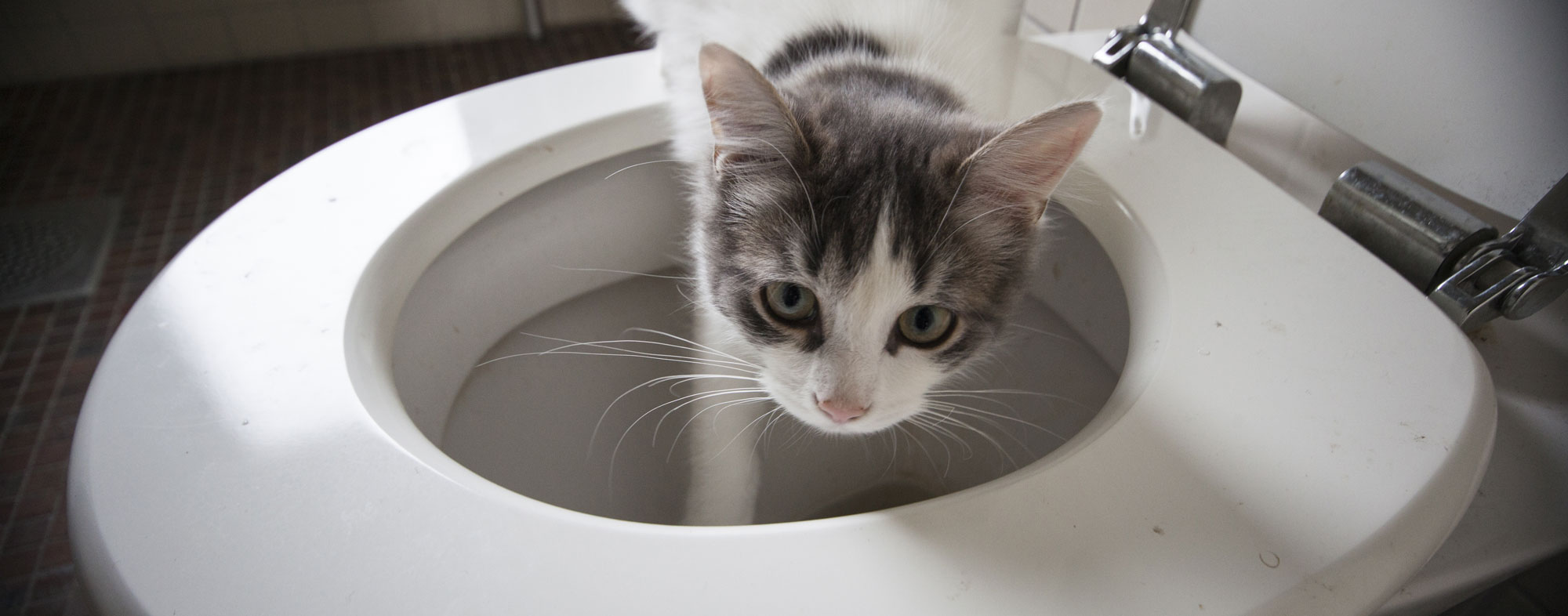Dangers of Flushing Cat Poop Down Your Toilet - Avoid Potential Issues
Dangers of Flushing Cat Poop Down Your Toilet - Avoid Potential Issues
Blog Article
They are making a few good annotation related to How to Dispose of Cat Poop and Litter Without Plastic Bags overall in the article below.

Intro
As pet cat proprietors, it's important to be mindful of exactly how we deal with our feline buddies' waste. While it may appear practical to flush pet cat poop down the bathroom, this practice can have destructive repercussions for both the environment and human health and wellness.
Alternatives to Flushing
Thankfully, there are safer and a lot more responsible methods to deal with feline poop. Consider the complying with options:
1. Scoop and Dispose in Trash
One of the most usual method of getting rid of pet cat poop is to scoop it right into an eco-friendly bag and toss it in the garbage. Make certain to use a dedicated clutter scoop and dispose of the waste promptly.
2. Usage Biodegradable Litter
Opt for biodegradable feline trash made from products such as corn or wheat. These clutters are environmentally friendly and can be securely taken care of in the garbage.
3. Bury in the Yard
If you have a backyard, consider hiding cat waste in an assigned area away from veggie gardens and water sources. Be sure to dig deep enough to prevent contamination of groundwater.
4. Install a Pet Waste Disposal System
Invest in a pet waste disposal system specifically made for pet cat waste. These systems make use of enzymes to break down the waste, minimizing odor and environmental influence.
Health and wellness Risks
In addition to ecological worries, flushing cat waste can additionally position health dangers to humans. Pet cat feces may have Toxoplasma gondii, a parasite that can create toxoplasmosis-- a potentially extreme disease, specifically for pregnant females and individuals with weakened body immune systems.
Environmental Impact
Flushing pet cat poop presents damaging virus and parasites into the supply of water, presenting a considerable danger to water environments. These pollutants can negatively impact aquatic life and concession water top quality.
Final thought
Accountable pet possession expands beyond providing food and sanctuary-- it likewise includes proper waste management. By avoiding flushing cat poop down the toilet and selecting alternate disposal techniques, we can minimize our environmental footprint and safeguard human health.
Why You Should Never Flush Cat Poop Down the Toilet
A rose by any other name might smell as sweet, but not all poop is created equal. Toilets, and our sewage systems, are designed for human excrement, not animal waste. It might seem like it couldn’t hurt to toss cat feces into the loo, but it’s not a good idea to flush cat poop in the toilet.
First and foremost, assuming your cat uses a litter box, any waste is going to have litter on it. And even the smallest amount of litter can wreak havoc on plumbing.
Over time, small amounts build up, filling up your septic system. Most litter sold today is clumping; it is made from a type of clay that hardens when it gets wet. Ever tried to scrape old clumps from the bottom of a litter box? You know just how cement-hard it can get!
Now imagine just a small clump of that stuck in your pipes. A simple de-clogger like Drano isn’t going to cut it. And that means it’s going to cost you big time to fix it.
Parasitic Contamination
Believe it or not, your healthy kitty may be harboring a nasty parasite. Only cats excrete Toxoplasma in their feces. Yet it rarely causes serious health issues in the cats that are infected. Most people will be fine too if infected. Only pregnant women and people with compromised immune systems are at risk. (If you’ve ever heard how women who are expecting are excused from litter cleaning duty, Toxoplasma is why.)
But other animals may have a problem if infected with the parasite. And human water treatment systems aren’t designed to handle it. As a result, the systems don’t remove the parasite before discharging wastewater into local waterways. Fish, shellfish, and other marine life — otters in particular — are susceptible to toxoplasma. If exposed, most will end up with brain damage and many will die.
Depending on the species of fish, they may end up on someone’s fish hook and, ultimately on someone’s dinner plate. If that someone has a chronic illness, they’re at risk.
Skip the Toilet Training
We know there are folks out there who like to toilet train their cats. And we give them props, it takes a lot of work. But thanks to the toxoplasma, it’s not a good idea.

We were made aware of that article on Don’t flush cat feces down the toilet from a friend on a different web address. Sharing is nice. One never knows, you could be doing someone a favor. Thanks so much for taking the time to read it.
Maintenance Sign-Up Report this page